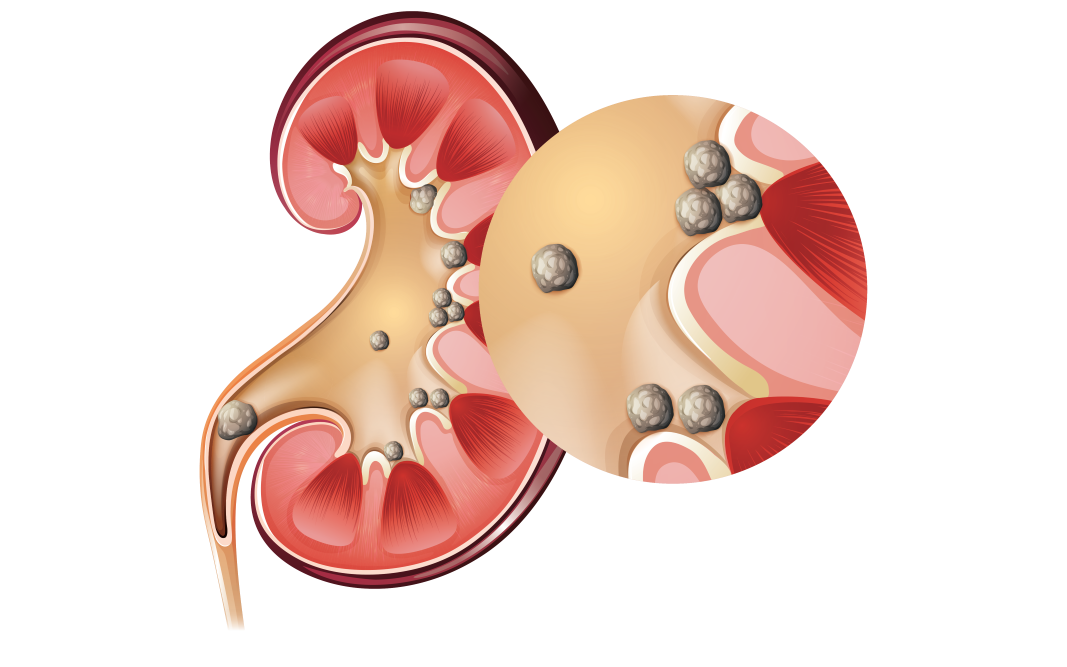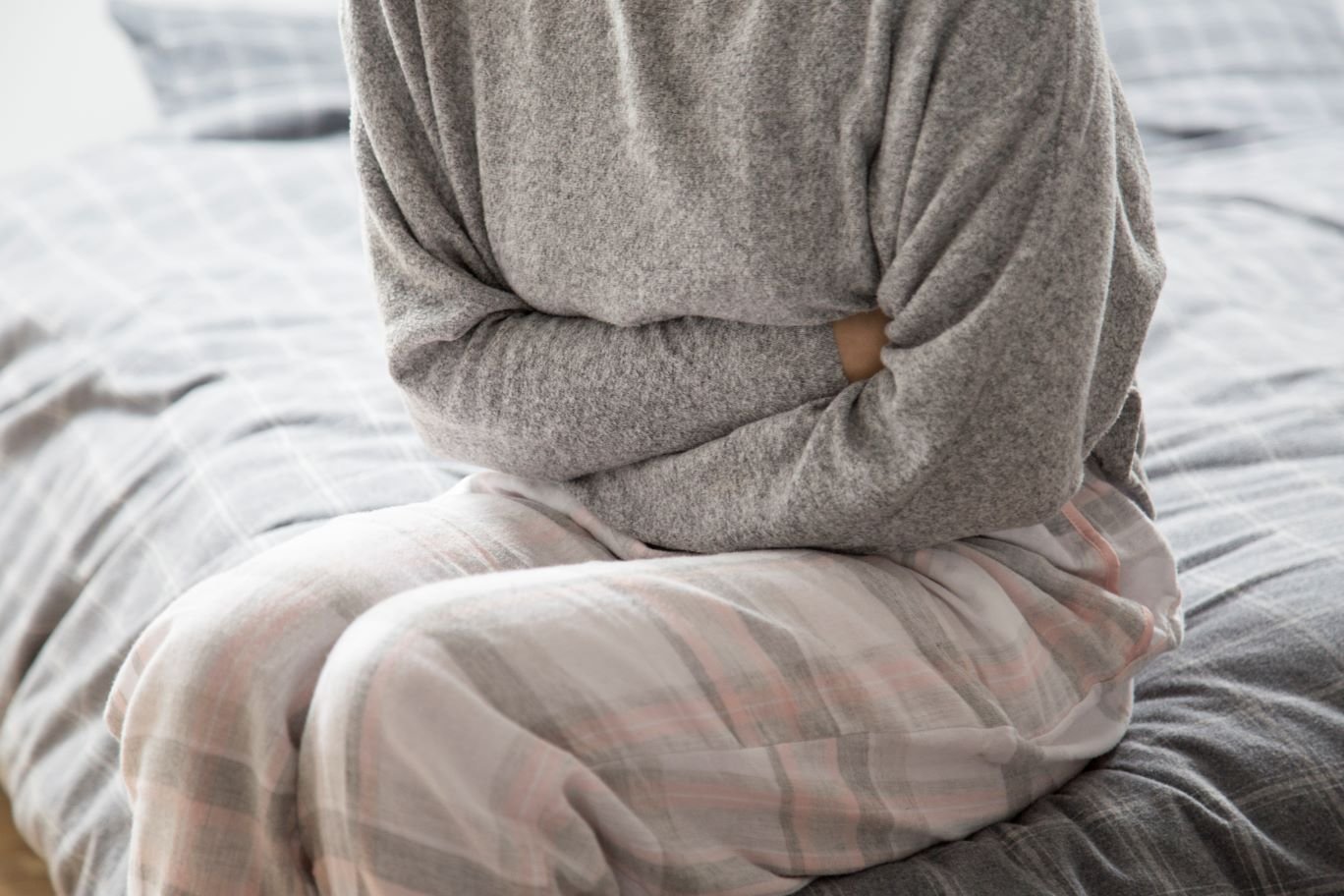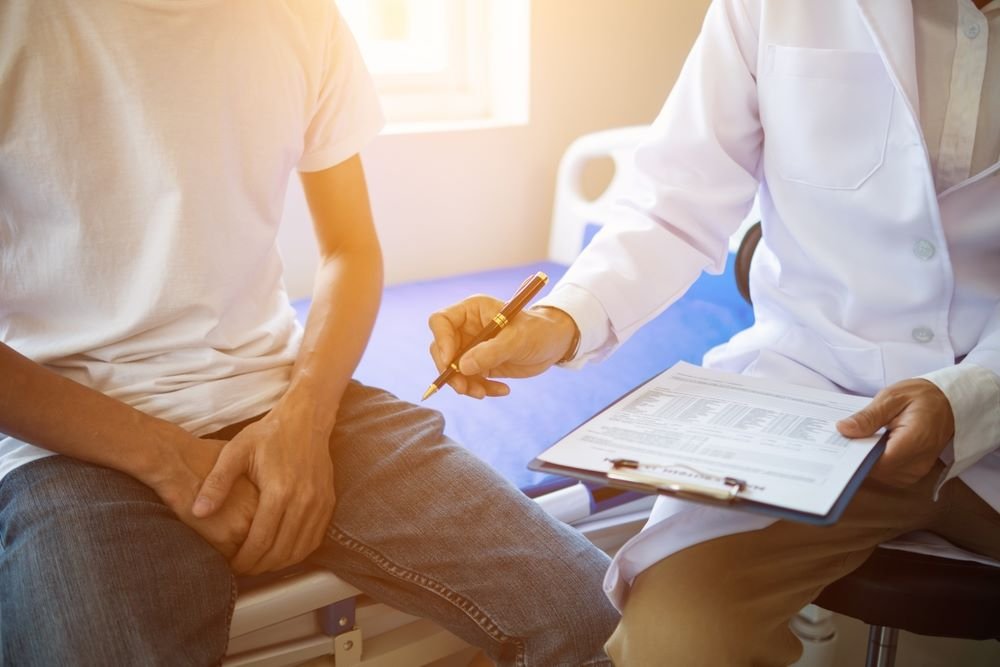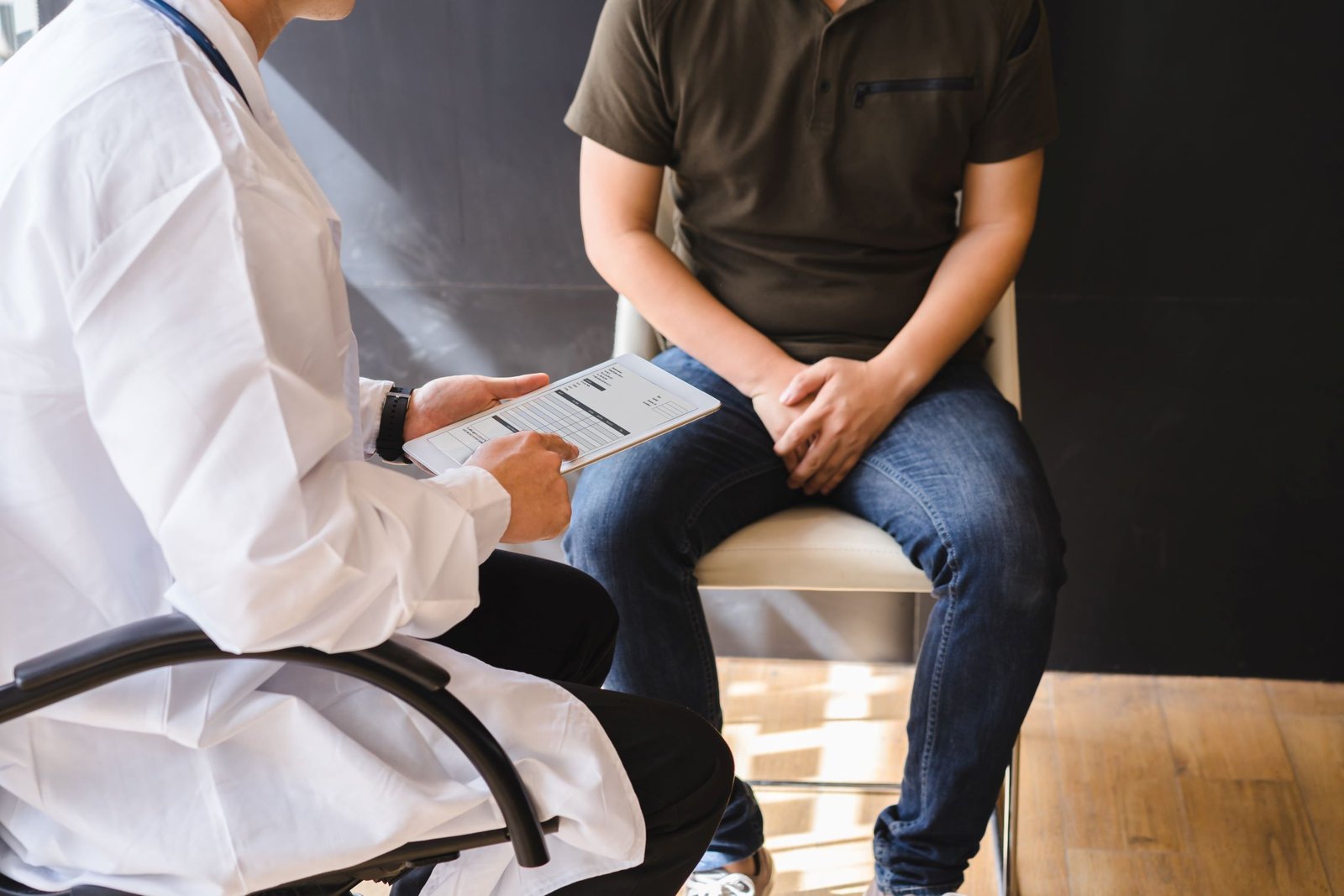
Stone
Stones are hard deposits of minerals and salts that form inside your kidneys. They can affect any part of your urinary tract, from the kidneys to the bladder. Often, stones form when the urine becomes concentrated, allowing minerals to crystallize and stick together.
-
Symptoms :
- Severe pain in the side and back, below the ribs
- Pain that radiates to the lower abdomen and groin
- Pain that comes in waves and fluctuates in intensity
- Pain during urination
- Pink, red, or brown urine
- Cloudy or foul-smelling urine
- Nausea and vomiting
- Persistent need to urinate
- Urinating more often than usual
- Fever and chills if an infection is present
Prostate
The prostate is a small gland in men that plays a crucial role in the reproductive system. As men age, the prostate can develop various conditions, including benign prostatic hyperplasia (BPH), prostatitis, and prostate cancer. Understanding the treatment options available is essential for managing these conditions effectively.
Benign Prostatic Hyperplasia (BPH)BPH is a non-cancerous enlargement of the prostate gland. It is common in older men and can cause urinary symptoms such as difficulty starting urination, weak stream, and frequent urination, especially at night.


Stress Incontinence
Stress incontinence, a common type of urinary incontinence, occurs when physical movement or activity—such as coughing, sneezing, running, or heavy lifting—puts pressure on your bladder, causing urine leakage. It predominantly affects women, especially after childbirth or menopause, but men can also experience it, particularly after prostate surgery.
Stress incontinence can significantly impact quality of life, but with the right treatment plan, many people experience substantial improvements. From lifestyle changes and exercises to medical and surgical options, various effective treatments are available. Seeking timely medical advice and adhering to the recommended therapy can help manage and reduce the symptoms of stress incontinence, leading to a more active and comfortable life.
Testicular Tumours
Testicular tumours are abnormal growths that develop in the testicles, the male reproductive organs located in the scrotum. These tumours can be benign (non-cancerous) or malignant (cancerous), with malignant tumours being more common. Testicular cancer is relatively rare but is the most common cancer in males aged 15 to 35. Early detection and treatment are crucial for a favorable prognosis.
-
Symptoms :
- A lump or swelling in the testicle
- A feeling of heaviness in the scrotum.
- Dull ache in the abdomen or groin.
- Sudden collection of fluid in the scrotum (hydrocele).
- Enlargement or tenderness of the breasts (gynecomastia).


Hydrocele
A hydrocele is a fluid-filled sac around a testicle, often causing swelling in the scrotum. This condition is most common in newborns and typically resolves without treatment within the first year of life. However, hydroceles can also develop in older boys and adult men, usually due to inflammation or injury within the scrotum. While hydroceles are generally painless and benign, they can sometimes indicate an underlying health issue that requires medical attention.
Symptoms :The primary symptom of a hydrocele is painless swelling of one or both testicles. The swelling may be more noticeable in the evening or after physical activity. In some cases, a hydrocele might cause a feeling of heaviness in the scrotum. If the swelling becomes large, it can cause discomfort or embarrassment. Although hydroceles are typically not painful, a sudden onset of severe pain might indicate a more serious condition such as testicular torsion or infection, which requires immediate medical intervention.
Erectile Dysfunction
Erectile dysfunction (ED), also known as impotence, is a common medical condition characterized by the persistent inability to achieve or maintain an erection sufficient for satisfactory sexual performance. It can affect men of all ages but is increasingly prevalent with advancing age. ED can have significant psychological, emotional, and relational impacts, making it important to address not only from a medical standpoint but also from a holistic health perspective.
-
Symptoms :
- Reduced sexual desire or libido.
- Difficulty achieving an erection during sexual activity.
- Trouble maintaining an erection during intercourse.
- Premature or delayed ejaculation.


Male Infertility
Male infertility refers to a man's inability to cause pregnancy in a fertile female partner after one year of regular, unprotected intercourse. It is a complex issue influenced by various factors, including genetic, lifestyle, environmental, and health conditions. While male infertility is often less discussed compared to female infertility, it is a significant contributor to couple infertility, accounting for about 40-50% of all cases.
-
Symptoms :
- Problems with Sexual Function
- Pain, Swelling, or Lumps in the Testicle Area.
- Recurrent Respiratory Infections.
- Inability to Smell.
- Abnormal Breast Growth (Gynecomastia)
- Decreased Facial or Body Hair or Other Signs of a Chromosomal or Hormonal Abnormality
- Lower than Normal Sperm Count
